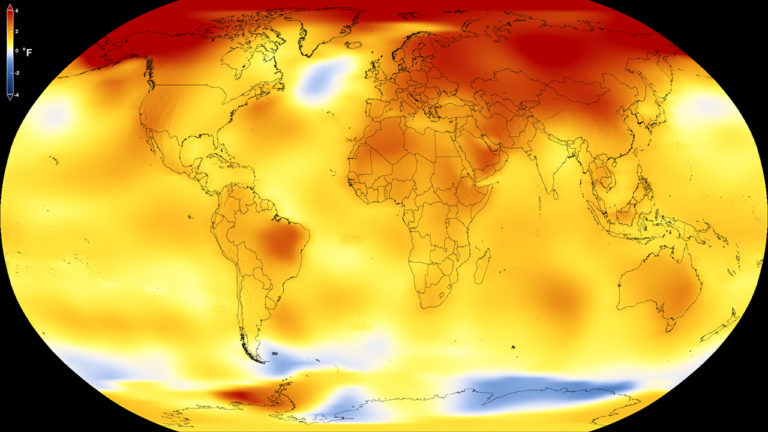Researchers warn that world leaders are being misled by economic assessments of future climate change impacts

An international group of researchers today (20 September 2019) warn that policymakers have been receiving economic assessments of future climate change impacts which omit the biggest risks.
The researchers on science, economics and policy from the United States, Germany and the United Kingdom are publishing a joint report identifying major risks that are being documented by scientists, but excluded or downplayed by economists.
The report has been produced by the Earth Institute at Columbia University, the Potsdam Institute for Climate Impact Research and the Grantham Research Institute on Climate Change and the Environment at the London School of Economics and Political Science.
The authors, which include Professor Lord Nicholas Stern, Professor Sir Alex Halliday, Professor Johan Rockström, Professor Ottmar Edenhofer and Professor Hans Joachim Schellnhuber, state: “Economic assessments of the potential future risks of climate change have been omitting or grossly underestimating many of the most serious consequences for lives and livelihoods because these risks are difficult to quantify precisely and lie outside of human experience.”
They add: “Scientists are growing in confidence about the evidence for the largest potential impacts of climate change and the rising probability that major thresholds in the Earth’s climate system will be breached as global mean surface temperature rises, particularly if warming exceeds 2°C above pre-industrial level.”
The impacts highlighted in the report include:
- destabilisation of ice sheets and glaciers and consequent sea level rise;
- stronger tropical cyclones;
- extreme heat impacts;
- more frequent and intense floods and droughts;
- disruptions to oceanic and atmospheric circulation; and
- destruction of biodiversity and collapse of ecosystems.
The report states: “Some of these impacts involve thresholds in the climate system beyond which major impacts accelerate, or become irreversible and unstoppable.
“When a threshold is breached, it might cause one or more other thresholds to be exceeded as well, leading to a cascade of impacts.”
The report notes: “Many of these impacts could exceed the capacity of human populations to adapt, and would significantly affect and disrupt the lives and livelihoods of hundreds of millions, if not billions, of people worldwide.
“These impacts would also undermine economic growth and development, exacerbate poverty and destabilise communities.”
The report highlights shortcomings in recent advice to governments that has omitted these impacts: “Economic assessments fail to take account of the potential for large concurrent impacts across the world that would cause mass migration, displacement and conflict, with huge loss of life.
“Economic assessments that are expressed solely in terms of effects on output (e.g. gross domestic product), or that only extrapolate from past experience, or that use inappropriate discounting, do not provide a clear indication of the potential risks to lives and livelihoods.”
The report acknowledges some recent progress by researchers on the economic risks of climate change: “Some advances are being made in improving economic assessments of climate change impacts but much more progress is required if assessments are to offer reliable guidance for political and business leaders on the biggest risks.”
It concludes: “The lack of firm quantifications is not a reason to ignore these risks, and when the missing risks are taken into account, the case for strong and urgent action to reduce greenhouse gas emissions becomes even more compelling.”
For more information about this media release please contact Kieran Lowe on +44 (0) 20 7107 5442 or k.lowe@lse.ac.uk or Bob Ward on +44 (0) 7811 320346 or r.e.ward@lse.ac.uk.
The report is available here: The missing economic risks in assessments of climate change impacts
Notes
- The Grantham Research Institute on Climate Change and the Environment (https://www.lse.ac.uk/grantham) was launched at the London School of Economics and Political Science in October 2008. It is funded by The Grantham Foundation for the Protection of the Environment (https://www.granthamfoundation.org/).
- The Earth Institute at Columbia University mobilizes the sciences, education and public policy to achieve a sustainable Earth. https://www.earth.columbia.edu.
- The Potsdam Institute for Climate Impact Research (PIK) is one of the leading research institutions addressing relevant questions in the fields of global change, climate impacts and sustainable development. Natural and social scientists work closely together to generate interdisciplinary insights that provide a sound basis for decision-making for society, businesses and politics. https://www.pik-potsdam.de/pik-frontpage

